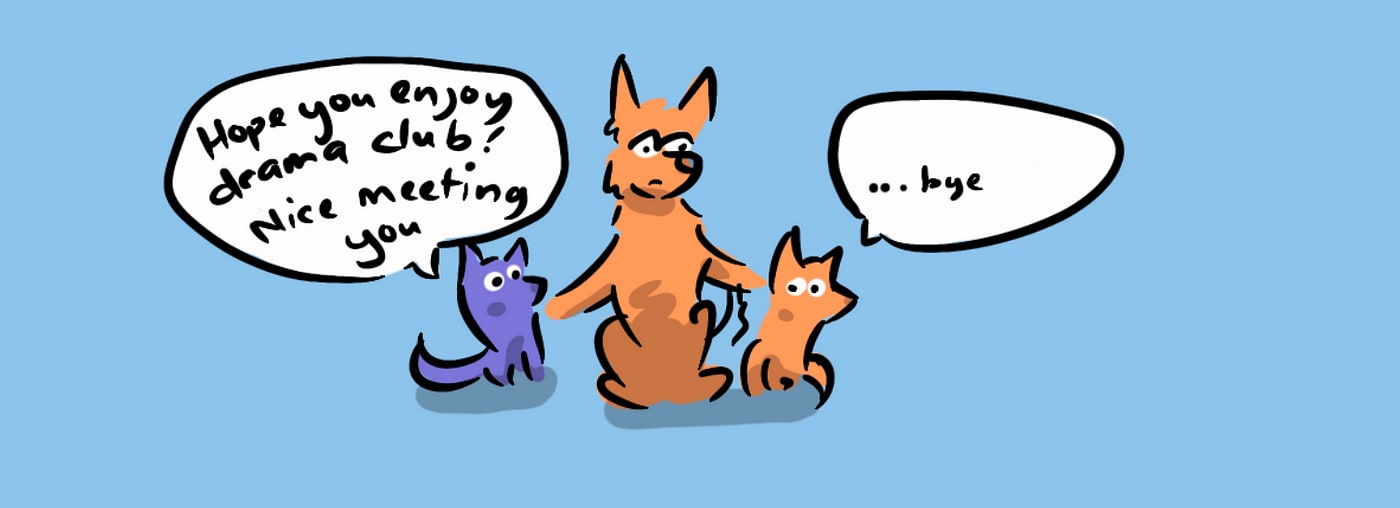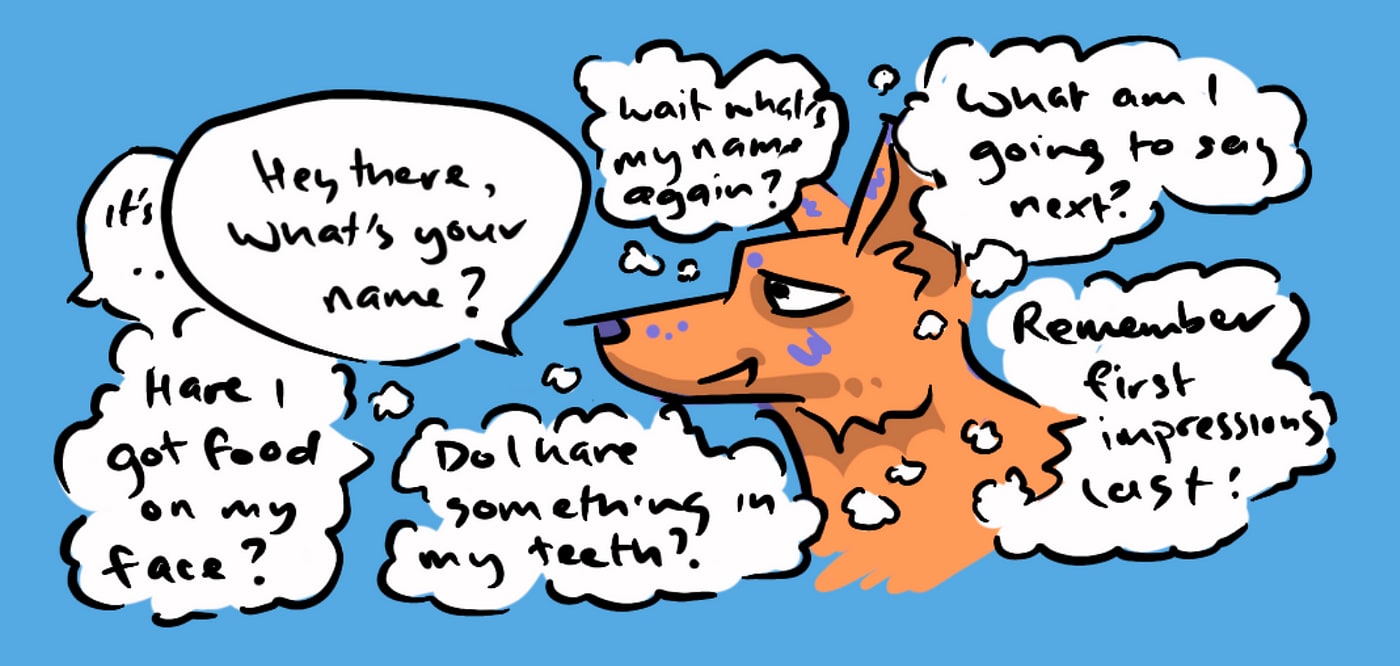What is Confidence, in Game Theory and Life?
By Non-zero-sum James @ 2024-12-10T23:11 (+2)

Confidence is multifaceted and plays out in our lives in different ways. We can feel confident, we can confide in others, we can try to bolster our own self-confidence. But what is it really? Game Theory suggests that confidence has a lot to do with our trust in others. I’d like to make a case that, when looked at from this perspective, it becomes a moral imperative to be confident… in others.
Quick note: not a psychologist, this is largely speculative hokum.
A Moral Pronouncement Out Of Nowhere
I’ve found myself saying to my daughter lately…
“Being shy is not an excuse for being rude.”
As far as I know it’s an original-I don’t know where it came from, it’s not something I heard as a child. So, I’ve wanted to interrogate why this message is something I want, so strongly, to impress upon my daughter, who is a brilliant child (I’m not biased), loving, kind, funny, intelligent and yes, polite.
But, I have noticed that, when she feels self-conscious, she sometimes forgets her manners.
We’re lost, and a confident young girl around the location of my daughter’s theatre program offers to lead us to the hall. On the walk there, my daughter shuts down. I try to stimulate conversation (super helpful, right?), but she is paralyzed by shyness (nothing to do with her skibidi dad’s prompts).
I again make my pronouncement.
Mea Culpa
Part of the reason it’s important to me, is that I find I do the same thing myself. I’ll ask someone’s name and, in the nervousness of the moment, immediately forget it.
At my first Q&A at a film festival, my long-suffering cameraman was in the audience, but in my eagerness to come across as a confident young director, I clean forgot to mention him (his less-than-subtle disappointment was evident at drinks afterwards). I now take part Toastmasters and have to work really hard to adhere to the honorifics and acknowledgments. I struggle to escape the inward gaze. I want to help my daughter form habits that make concern-for-others second nature, despite her nerves.
Game-Theoretical Confidence
Meanwhile, I’ve been exploring the idea of confidence in Game Theory. In Jaiveer’s post on the Discount Factor, he touched on how confidence in another player’s cooperation influences our own actions. If we trust that another player will cooperate, then we are likely to cooperate. In the real world, this could manifest in a situation where, if I think you’ll like me, I’ll be more confident to risk making myself vulnerable to you, by being kind, or extending a handshake, or saying “thanks”.
This can play out in a particular payoff matrix:
In this situation, player A is in a position of vulnerability. If both players cooperate, they both get the best payoff (2,2), but if player A cooperates and player B defects, then player A takes a big loss (-5,1). But if we look at the payoffs for player B, they always benefit from cooperating (2 points for cooperating, 1 point for both defection scenarios), so player A should be confident that player B won’t defect. I’d argue this situation is one we often face in our lives.
To explore further, join us over at nonzerosum.games/confidence.


